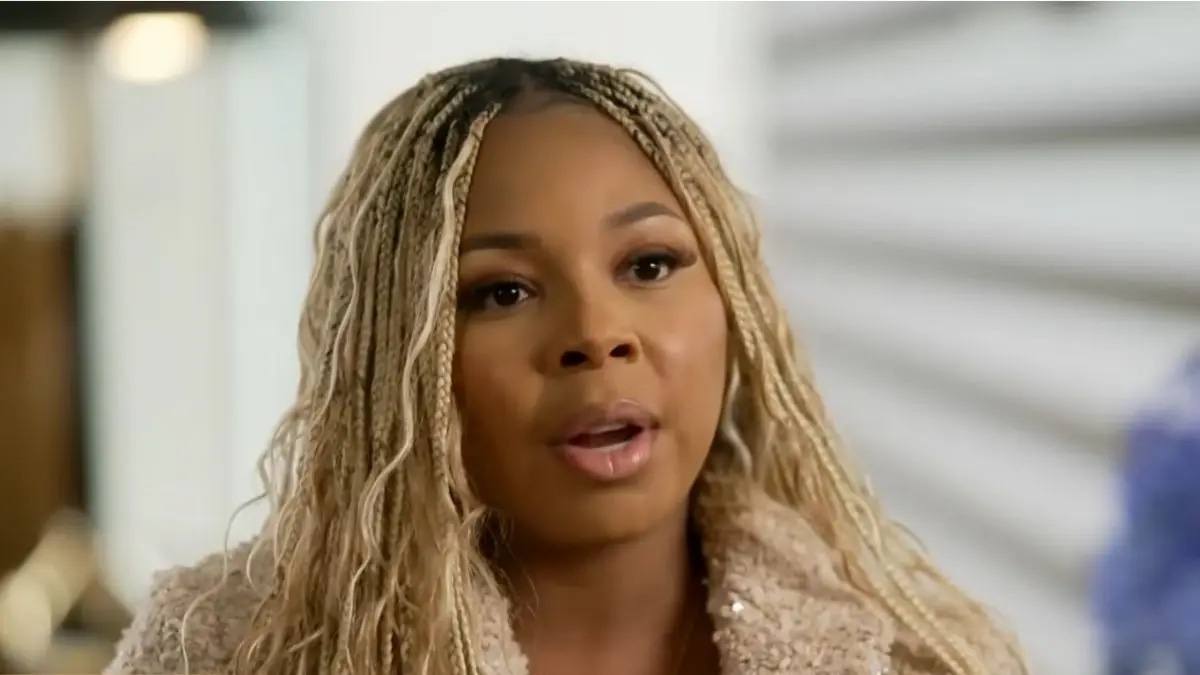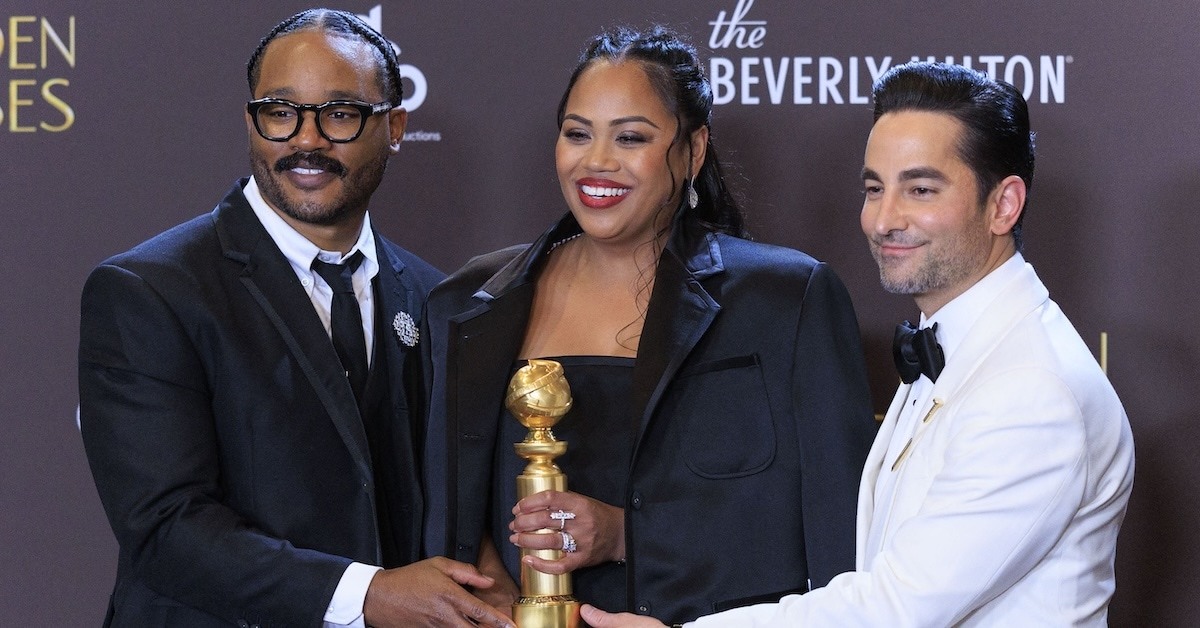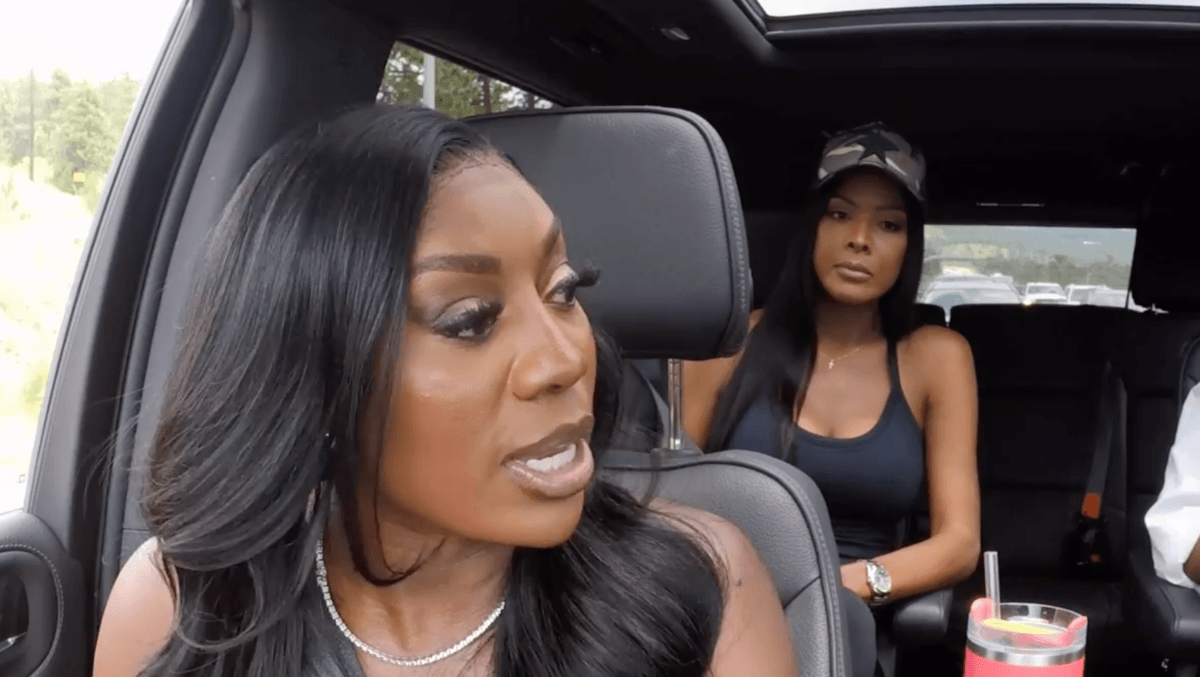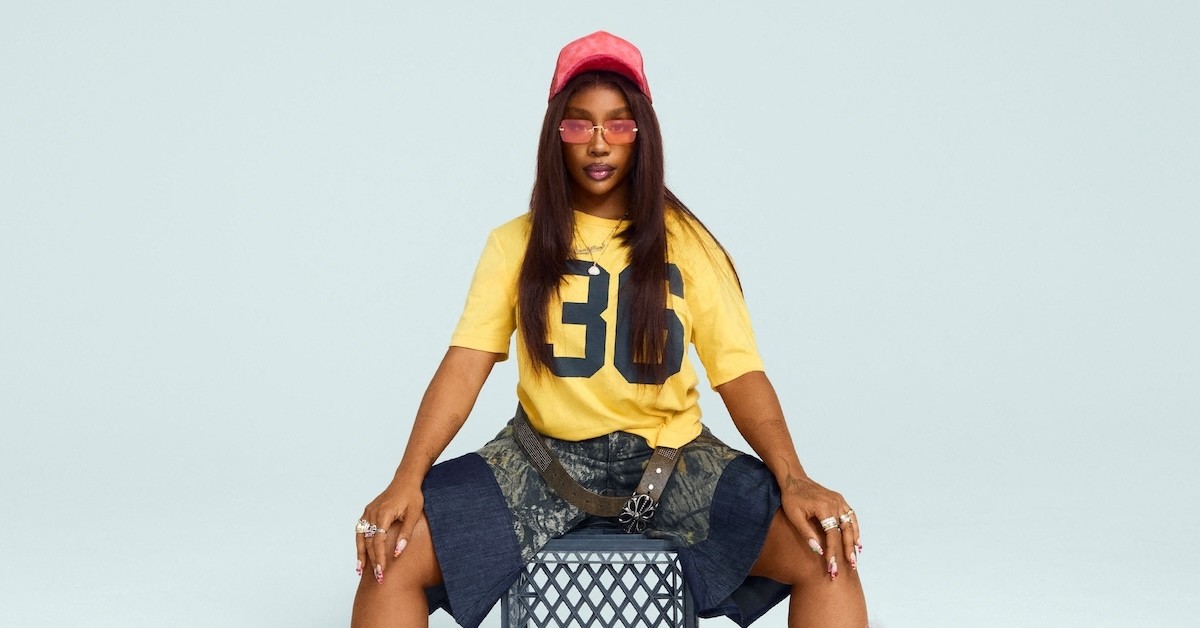BY: DM
Published 5 months ago
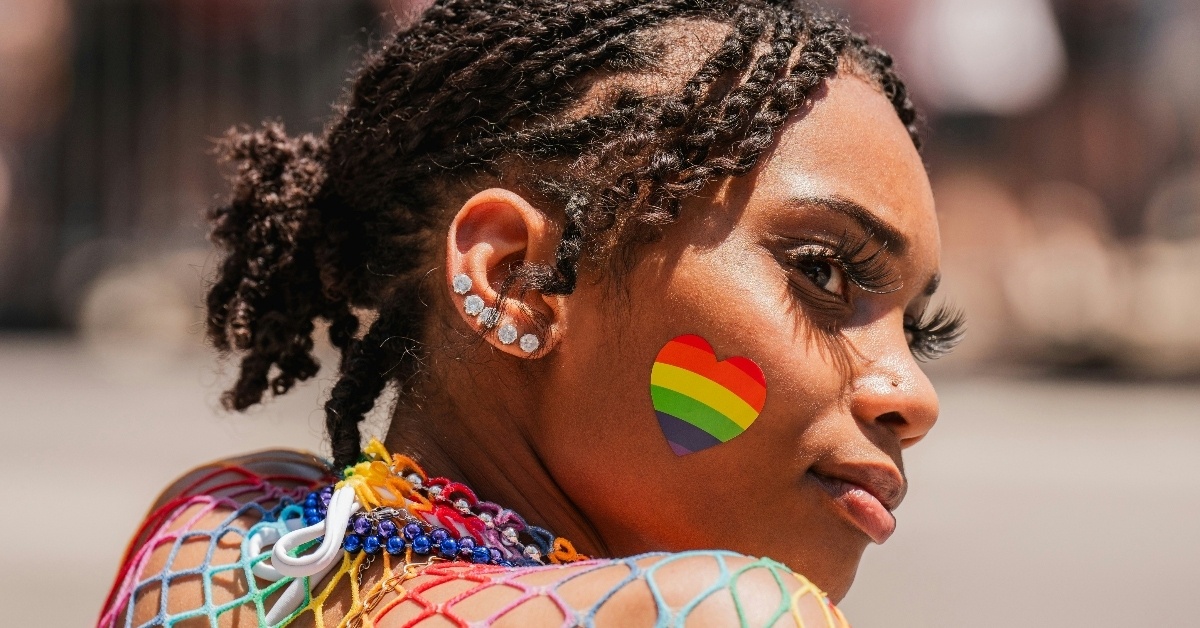
Burkina Faso’s transitional parliament has passed a law that criminalizes homosexuality. This move has sparked significant debate both domestically and internationally. Burkina Faso, formerly Upper Volta, gained independence from France on Aug. 5, 1960. The country was renamed Burkina Faso on Aug. 4, 1984, by then-President Thomas Sankara. “Burkina” means “upright” in the Mossi language, and “Faso” means “fatherland” in Dioula.
The nation’s history has been marked by political instability, including several coups. In 1987, President Sankara was overthrown and killed in a coup led by his former ally, Blaise Compaoré, who ruled for 27 years until his ousting in 2014. According to the Journal of Democracy, the subsequent years saw attempts at democratic governance, but challenges persisted. In 2022, a military junta led by Captain Ibrahim Traoré seized power, citing the government’s inability to combat Islamist insurgencies.
Burkina Faso’s transitional parliament has now voted to criminalize homosexuality.
LGBTQIA+ people in Burkina Faso can be jailed or fined.

Burkina Faso’s unelected 71-member transitional parliament in Ouagadougou voted unanimously on Sept. 1 to explicitly criminalize same-sex relations. According to Reuters, the amended Persons and Family Code now stipulates prison, fines, and even deportation for gay, lesbian, and transgender individuals. Anyone convicted of engaging in “homosexual or similar practices” faces 2–5 years in prison. Justice Minister Edasso Rodrigue Bayala announced on state TV that offenders “will go before the judge,” and could be fined. He added that repeat offenders who are foreign nationals would be deported.
Bayala described homosexual acts as “bizarre behavior,” saying the new law was meant to defend Burkina’s traditional “marriage and family values,” African News reports. Prior to this vote, Burkina Faso had no laws banning homosexuality — one of roughly 22 African countries where same-sex relations had remained legal.
Human rights defenders immediately denounced the measure. Lawyer Prosper Farama told Reuters that even before the ban, LGBTQIA+ people in Burkina faced persecution under vague morality laws. Ismael Cisse, head of the Burkinabè LGBTQIA+ group Vision Plurielle, pointed out that transgender people already live in fear of arbitrary arrest.
Burkina Faso’s anti-gay sentiment has been brewing for years.
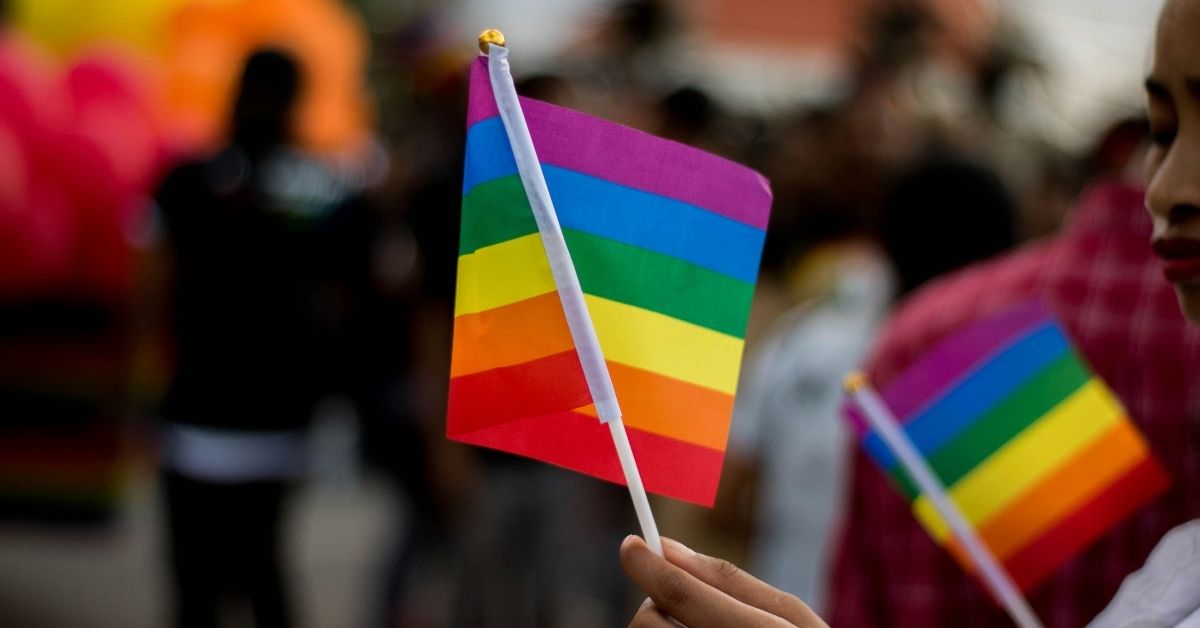
And while Burkina Faso’s anti-gay laws are new, the country has long been conservative. A 2019 poll found only about 8% of Burkinabè would accept having a homosexual neighbor, Outright International reports. Additionally, many LGBTQIA+ individuals hide their identities or marry heterosexually due to family and community pressure.
LGBTQIA+ organizations have also been banned from registering openly in Burkina Faso. The 2015 law on freedom of association allows authorities to reject any group seen as “contrary to law and good morals,” per Outright International. Activists say the new ban will make civil society work almost impossible. With homosexuality officially a crime, many queer people in Ouagadougou now fear social ostracism and legal danger.
Burkina Faso’s decision to criminalize homosexuality represents a significant shift in its culture. And while the government frames the law as a defense of values, it raises important questions about human rights and the treatment of minority groups within the country.
What impact do you think this law will have on LGBTQIA+ people in the country? Comment below!

